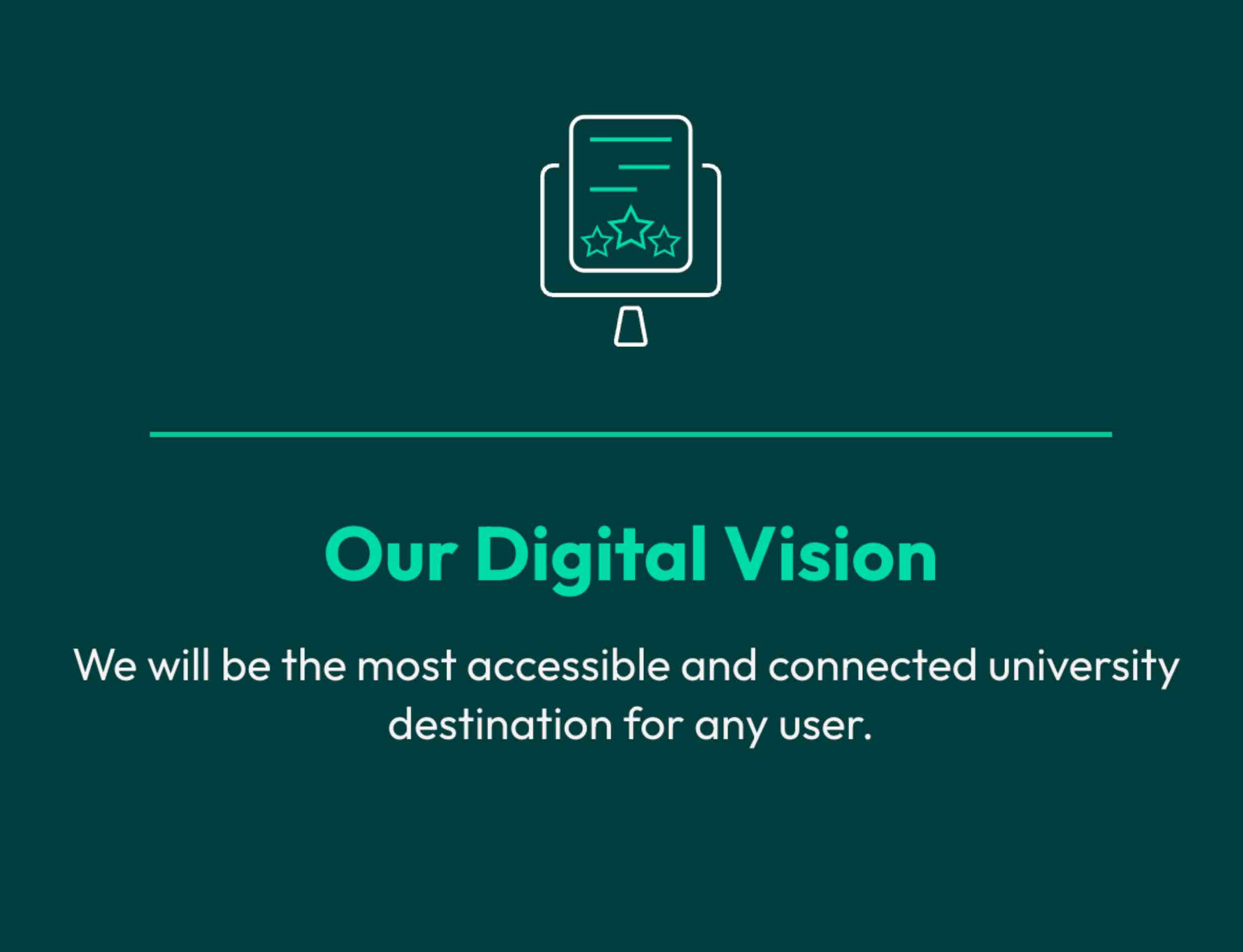In the Summer of 2022 the University launched our 2030 Digital Strategy, setting out our vision to become the most accessible and connected university destination for any user. The Digital team have been working hard to make this vision a reality through co-creation and collaboration with users from around the University. This blog focuses on the first problem the University’s digital strategy aims to solve: Competitiveness.
The Problem
Digital can help the University to become increasingly competitive amongst its peers through transforming the experience of our users and ensuring that everybody can access and gain value from the University of Exeter. The first challenge that our digital strategy aims to solve is: How do we make the experience the best and most accessible in our peer group? Below expands on exactly how we are solving this problem.
We will champion co-creation with users.
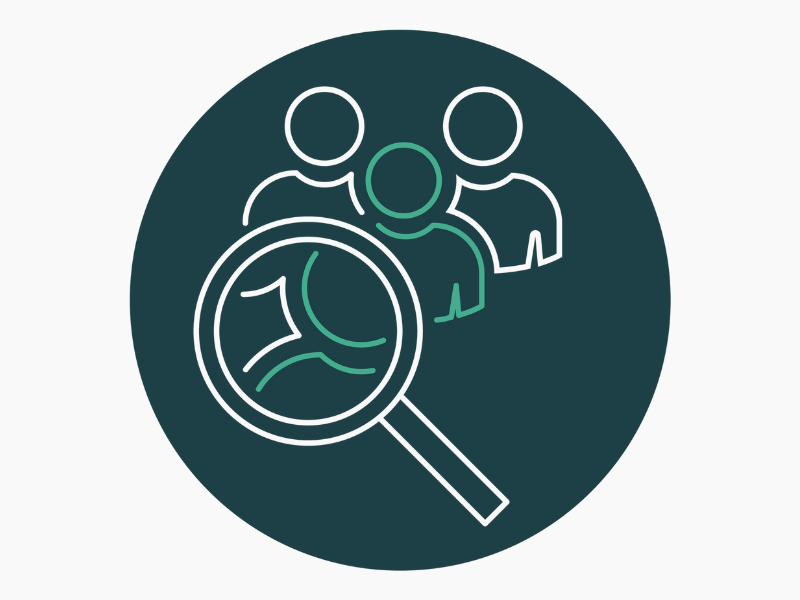
One way that we are doing this is through our approach to developing the new University of Exeter web app. This web-based app aims to improve the student experience at Exeter, creating a more joined up, consistent user experience. We are developing the app based on student insight and feedback which is being continuously gathered, ensuring it is a product that our users need and want that adds value to their lives at Exeter.
In addition to this Digital have a team of User Experience Researchers who work directly with our users to understand their problems and how we can solve them. We also have introduced communities of practice such as our Data Community to enable colleagues to share and learn from one another.
We will design journeys from start to finish, across both digital and physical environments and giving options where we can.
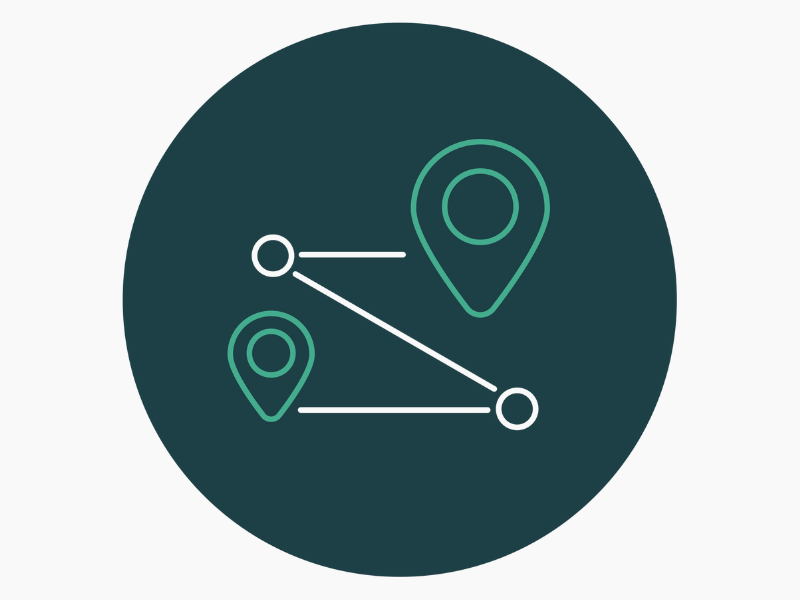
To enable the University to design journeys from start to finish, we are developing our very own platform. This platform will enable us to develop solutions to our users’ problems ourselves, ensuring these solutions are designed from the very start based on the users’ needs.
Demonstrating this is the Check-In tool we created, which allows students to register their attendance in classes. This solution has been designed and developed by us from the very start and we have seen over 156,000 unique check-ins through this product.
We will create experiences that are personal and value adding.
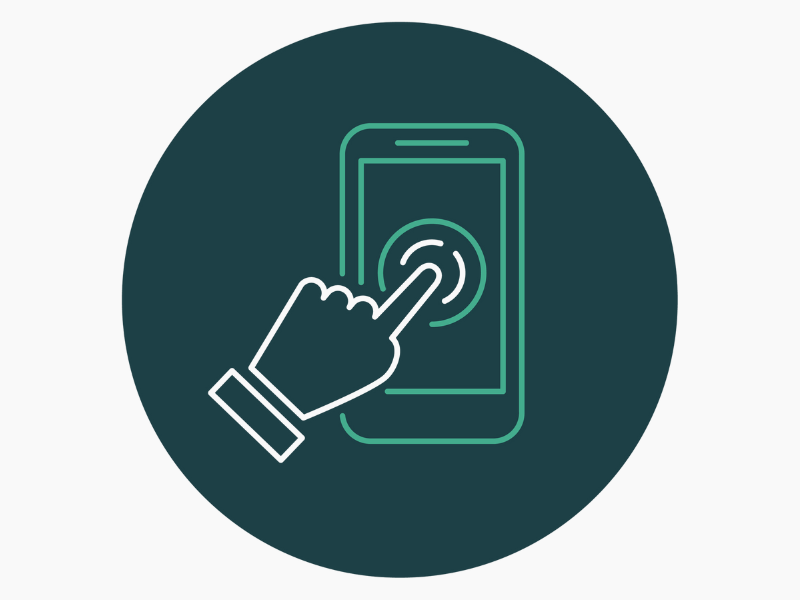
We are currently working on a digital upskilling programme aiming to equip our users with the digital skills they need to effectively join the University’s digital transformation journey. These upskill experiences will enable users to develop their digital skills and ready them for digital transformation and will involve development recommendations personalised to each individual user.
We also have built functionality into our new University web app which allows users to tailor the information shown in the app based on their campus location.
Another way we are ensuring experiences are personal and value adding is through our ways of working. We work with our users to solve their problems, ensuring everything we do is in service of the user and adds real value to their experience.
We will embed all user groups in teams to solve the problems they have.
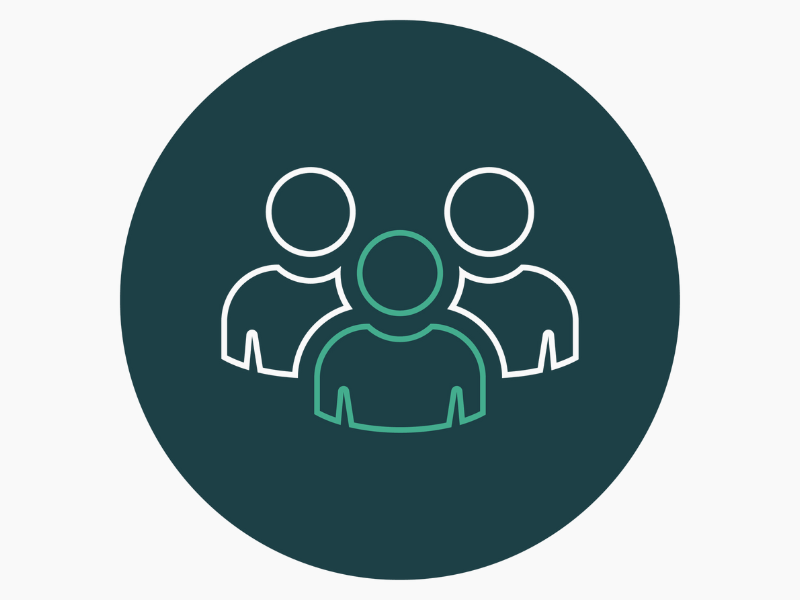
One way that we do this is through the running of our Digital Hub service. We recruit a team of 30 UoE Student Ambassadors to work on the Hubs across Exeter, Penryn, and our online services to solve our users problems. This means that we can understand the issues our students face and equip students with the skills to solve these issues for other students.
Another way that we ensure we work with users to solve their problems is through having a team of User Experience Researchers who speak directly to our users to understand their problems and explore ideal solutions to their problems.
We will use data to understand what’s going on and why.
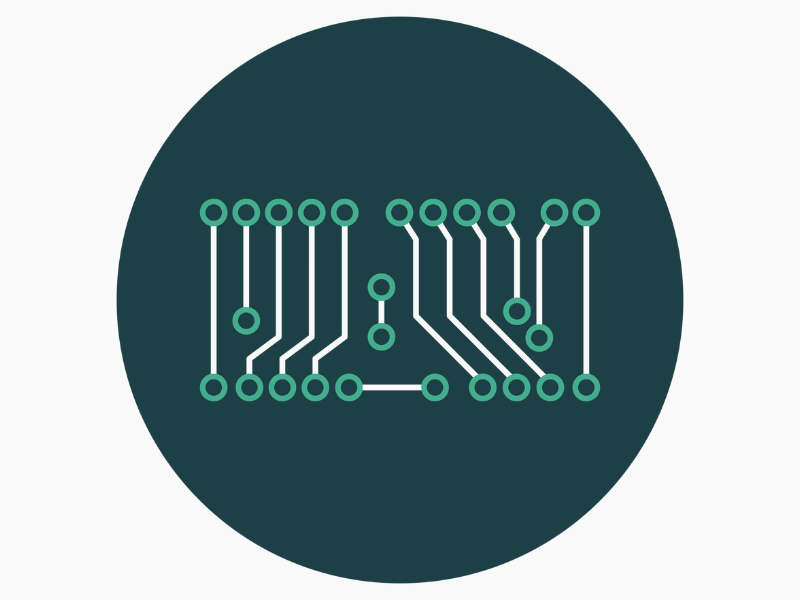
Last year we welcomed the University’s BI Team to the Data Chapter in the Digital team. We ensure all decisions that we make are based on data and so working closely with the BI Team is essential to effectively doing this. Another way we are helping the wider University to better use data is through our Data Community, which aims to ensure our colleagues and students have the data literacy skills needed to thrive within an ever-evolving digital workspace.
– Written by Scarlett Yeo, Communications Advisor for Digital
Visit our Digital Strategy website to learn more about the University’s 2030 digital strategy, and please get in touch with the team if you have any questions.

